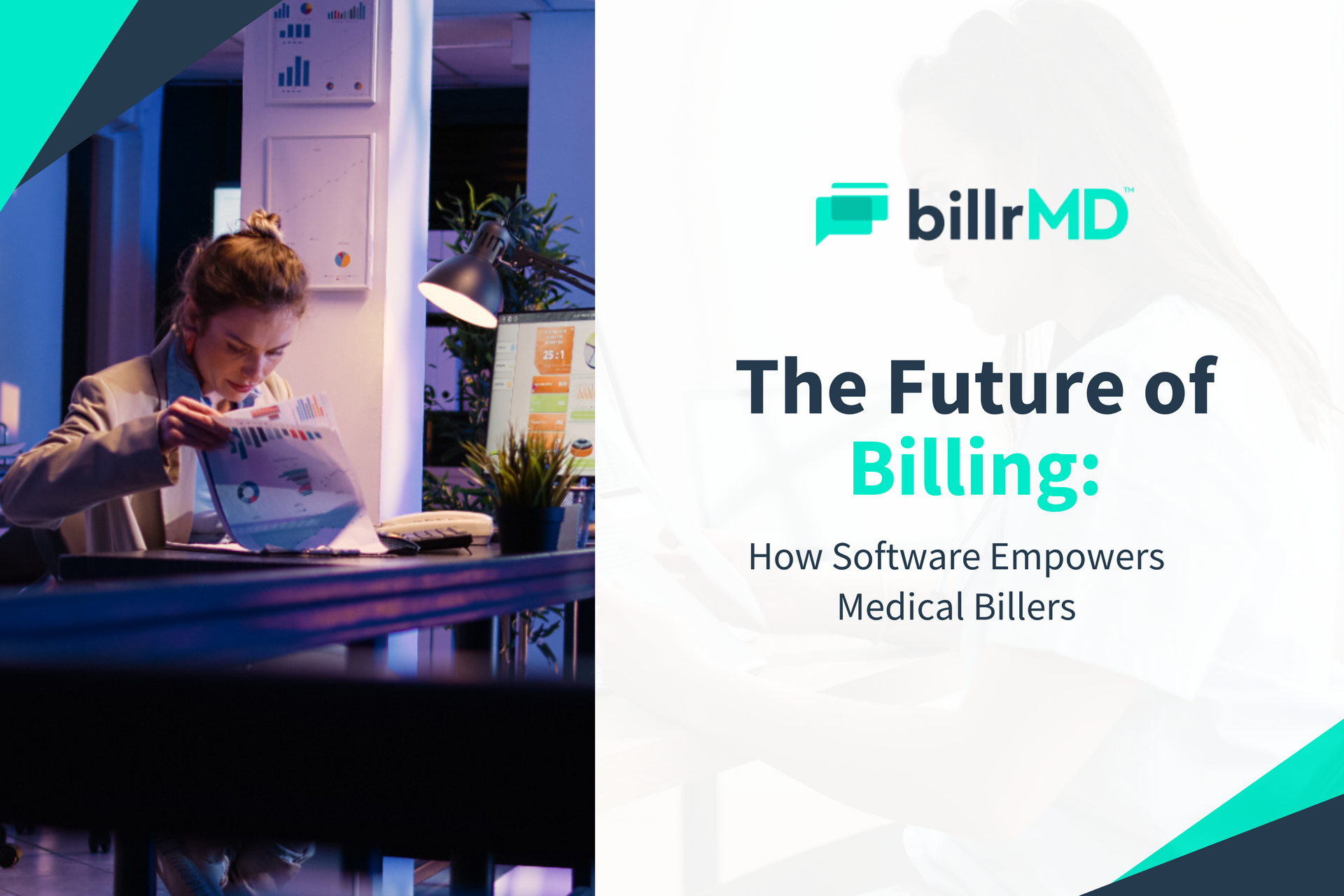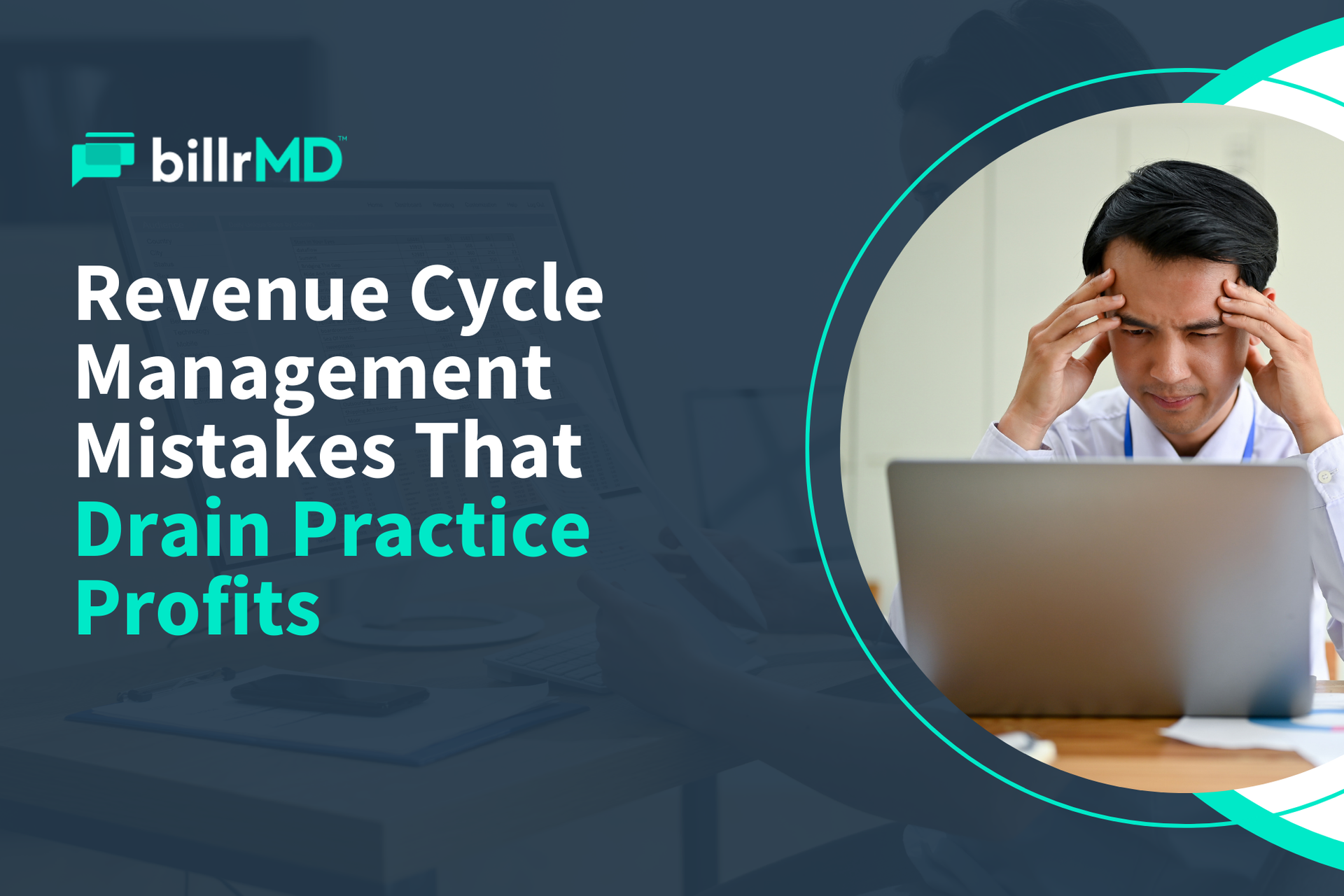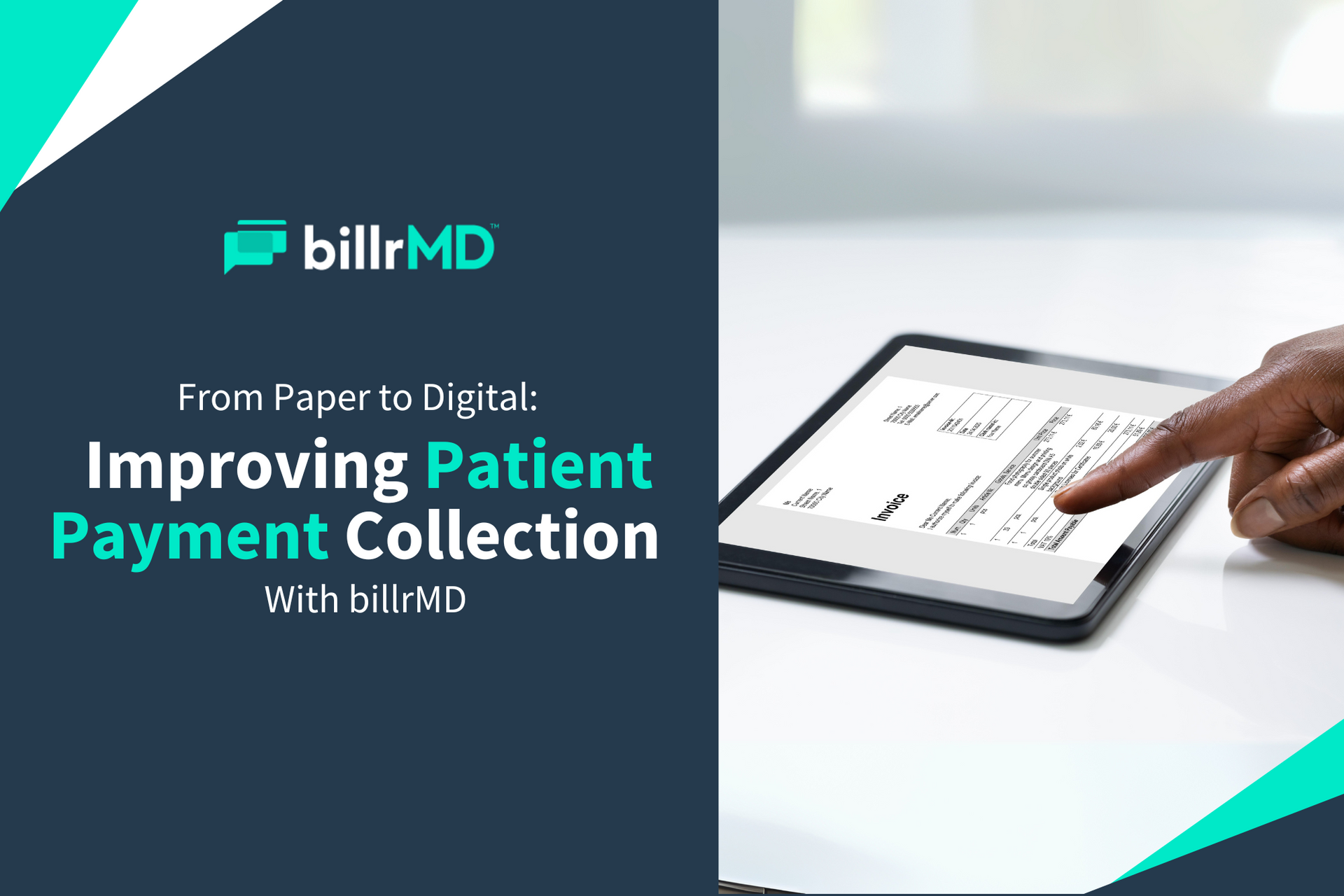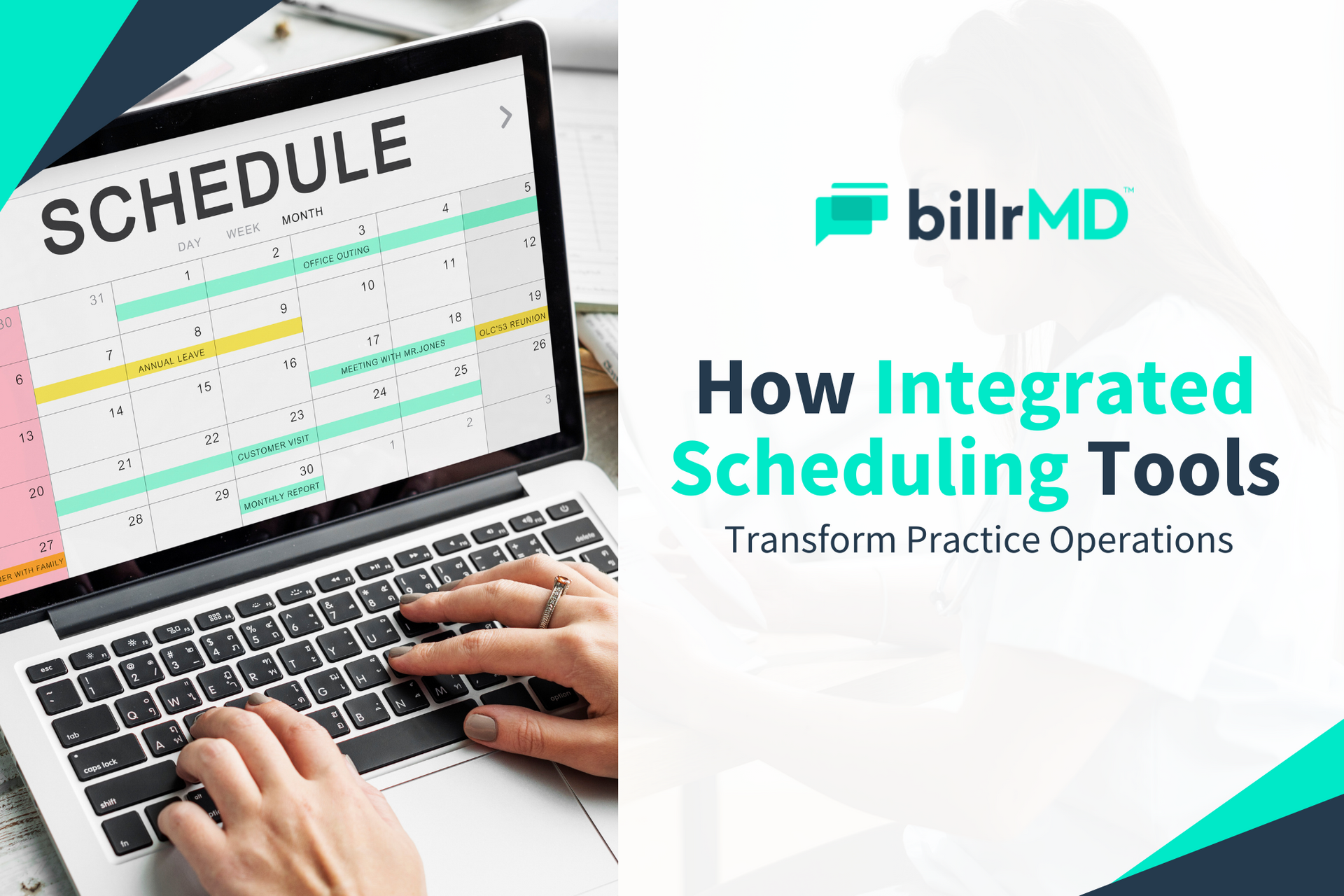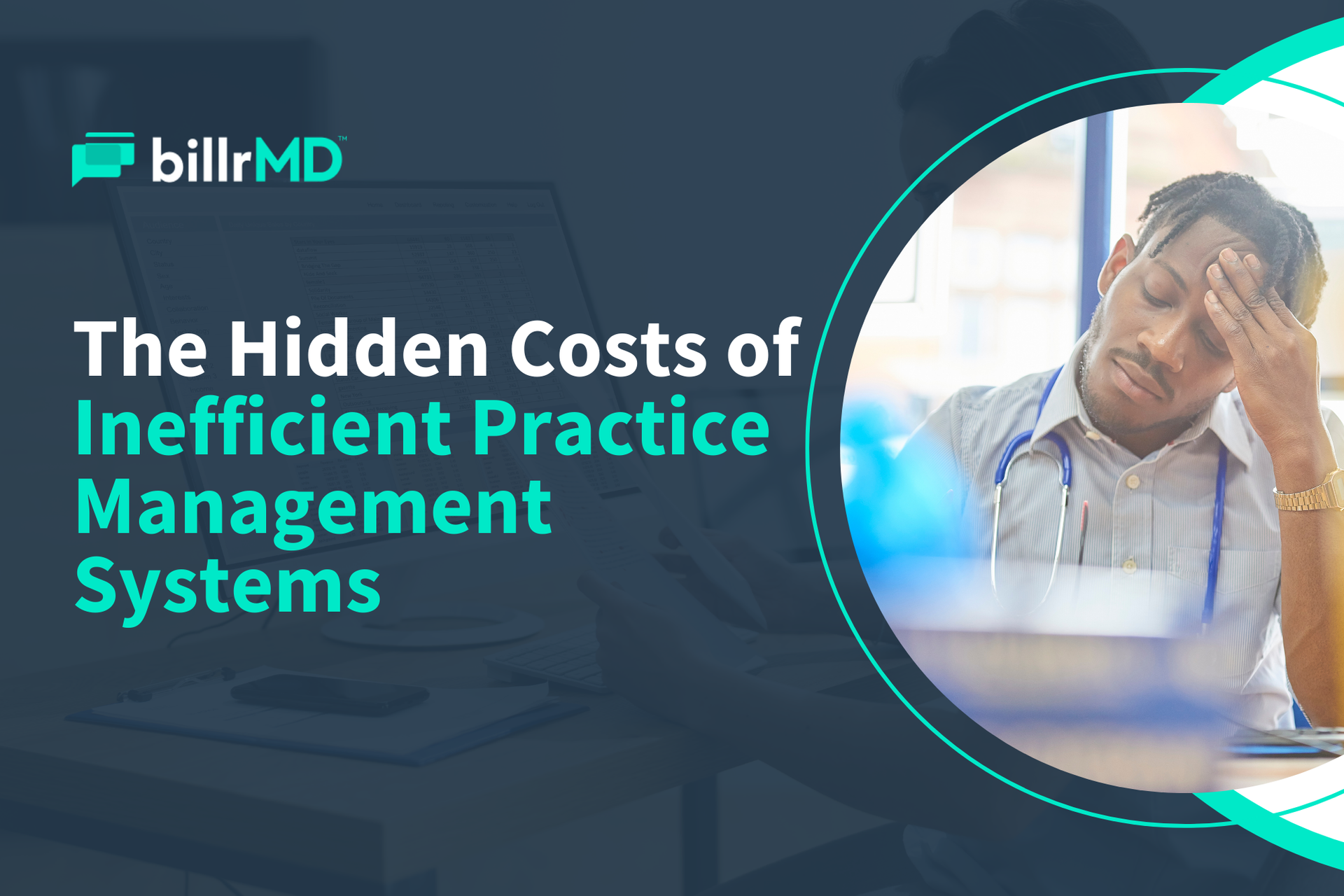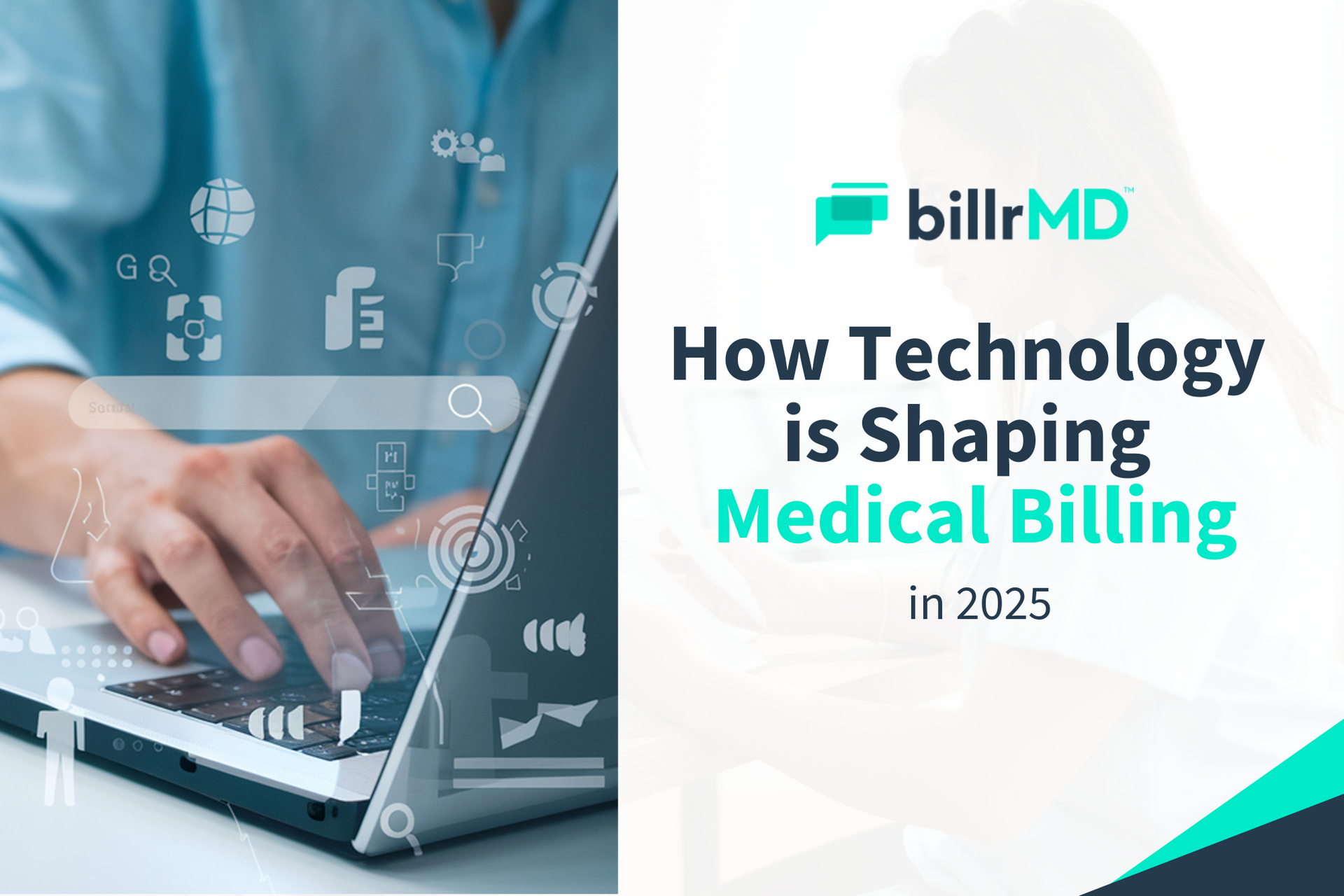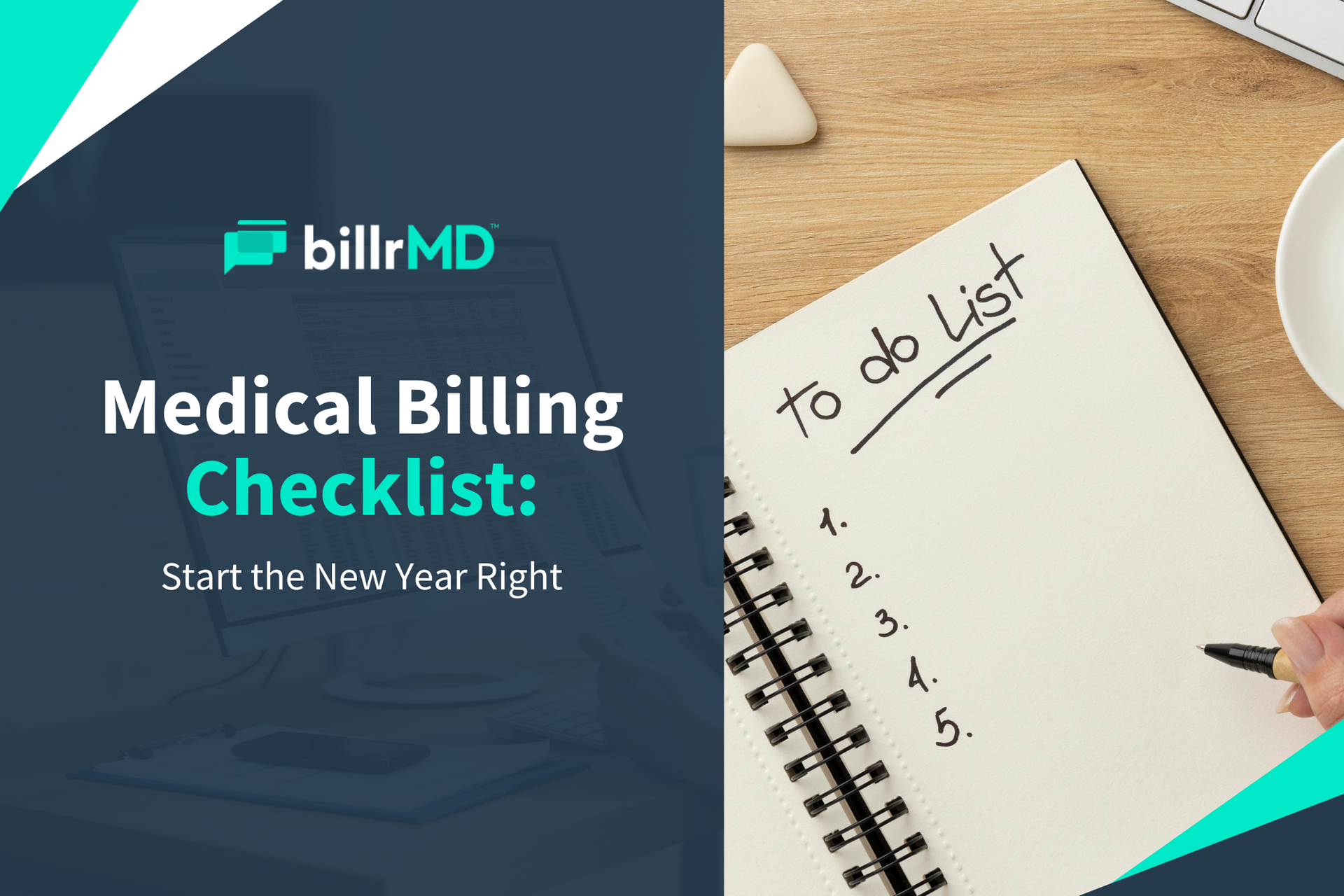What is the No Surprises Act & How Does It Affect My Practice?
Have you ever received a bill containing fees that you weren’t initially aware of? Did you instantly lose trust in that business?
Surprise medical bills are one of the most persistent complaints patients raise year after year and one of the reasons why
patients lose trust in their providers. This is the primary issue that the
No Surprises Act of 2022 aims to solve.
There are many reasons and scenarios why patients get surprise medical bills. But the bottom line is that it's an added burden to patients who are already grappling with the high cost of medical care.
What is the No Surprises Act?
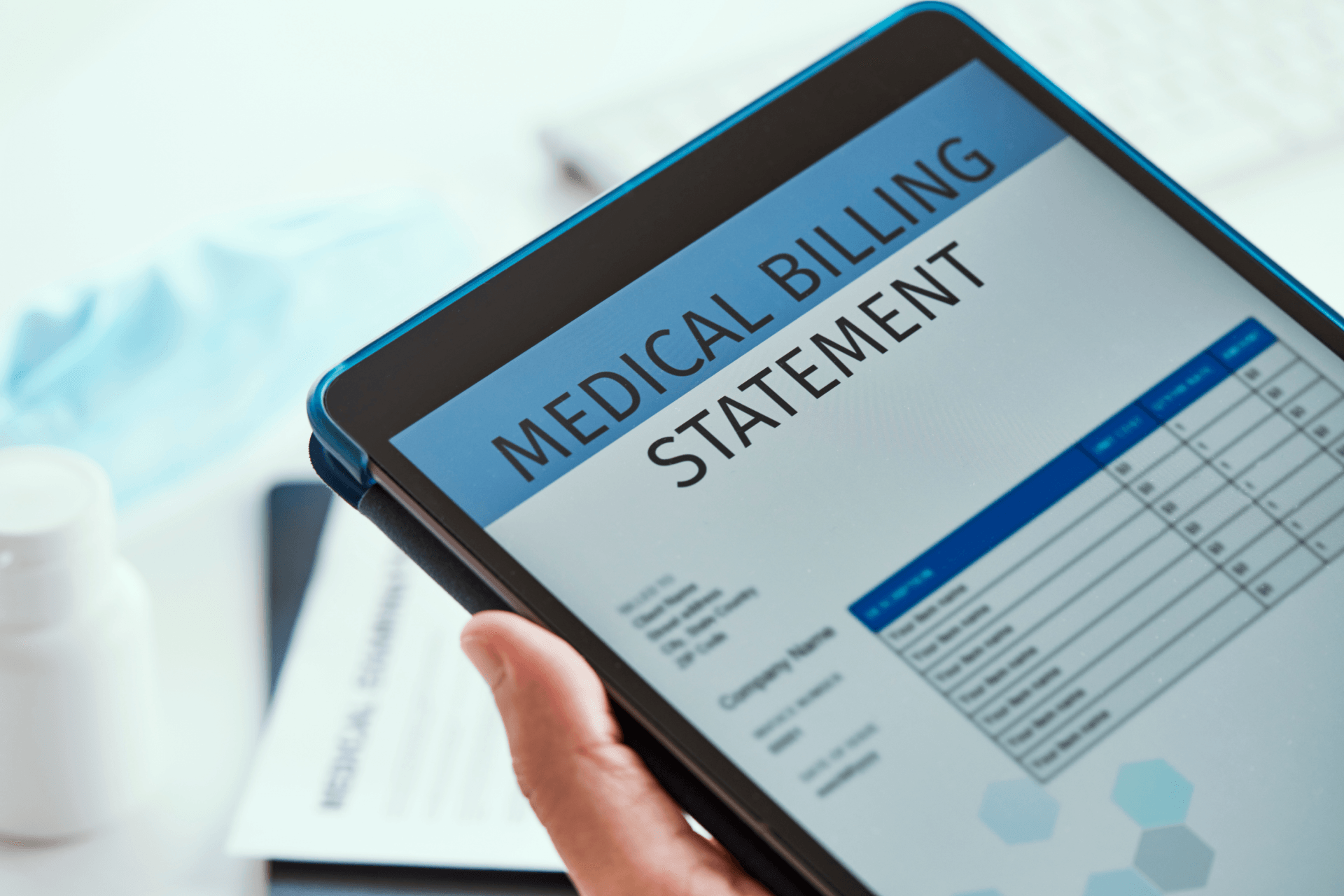
The No Surprises Act, which took effect on January 1, 2022, is a set of new rules that provides patients better protection against unexpected and undeclared medical expenses. It compels practices to be more transparent and forthcoming with how much patients will likely pay for medical services, including emergency care, non-emergency care rendered by an out-of-network provider, and out-of-network air ambulance services.
Under the new rules, excessive out-of-pocket costs are restricted, and prior authorization is no longer required regardless of whether the provider or facility is in-network. The No Surprises Act recognizes that patients don’t always have a choice of in-network providers or facilities, especially in emergency situations. And even if the patient goes to an in-network facility, it’s not always guaranteed that the attending provider is in-network.
In most cases, out-of-network providers use the
balance billing method to bill for the remaining balance that the patient’s insurance plan doesn’t cover. This amount is on top of the patient’s out-of-pocket expense for every out-of-network service rendered. Most of the time, patients are not informed of this cost in advance, which results in an unexpected or surprise bill.
Meanwhile, providers must provide patients who don't have insurance or those who will pay for their medical care themselves with a
good faith estimate — an itemized list of expected charges for each scheduled service or item.
An Opportunity to Build Trust

The No Surprises Act 2022 is obviously geared towards patient protection. Some practices may view it only as an added layer of regulatory burden. However, you can instead leverage the law to build trust with your patients.
Trust is an integral element of patient-doctor relationships, and maintaining or expanding your patient base often comes down to this single factor. Banking on your competence and skills alone is not going to be enough. You need to be able to show your patients that you prioritize their health and well-being over profit and revenue.
One of the quickest ways to erode a patient’s trust in your practice is surprise medical bills. So rather than seeing the No Surprises Act of 2022 as an annoyance, use it instead to build stronger relationships and improve your patients’ financial experience.

